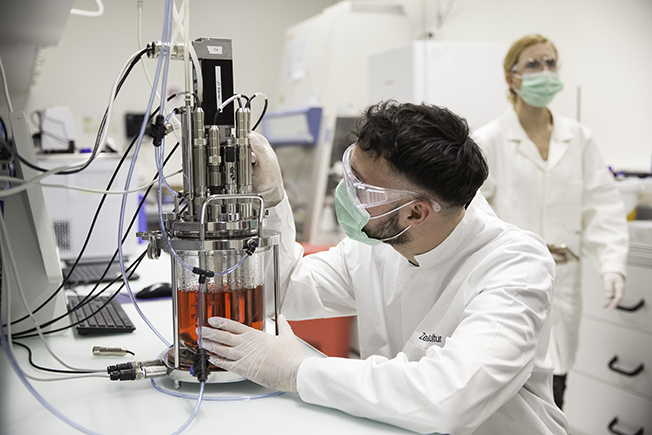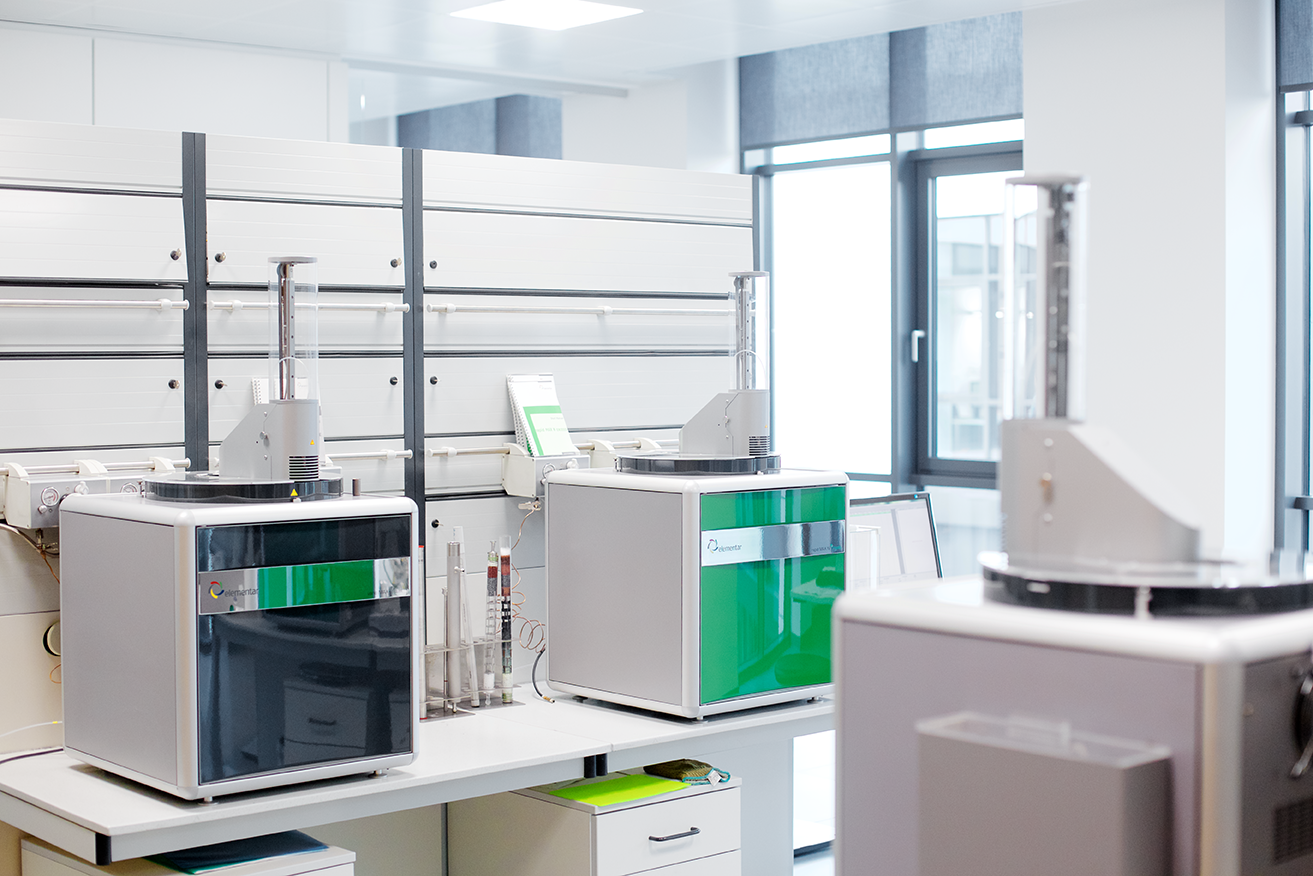

Development of microalgae milk and cheese alternatives
Eugene Wang from Sophie’s Bionutrients explains some of the nutritional and sustainability virtues of the company’s innovative microalgae-based alternative protein

“Chlorella milk and chlorella cheese? That’s a brilliant idea!” my friend’s 16-year-old son once said to me. That’s a true story. New things in foods may not be logical to you but to the younger generations, it’s a wonderful new idea. People always ask me why I want to use microalgae to make dairy alternatives. Well, to me, it just makes sense. And let me break it down why that is exactly.
First of all, microalgae really is a godsend. It’s probably the first living organism on the planet. And known fossil records also confirm that both the first plant and the first animal were descendants of microalgae. That’s why it has the highest density of most nutrients that are needed by human beings.
Now, you may also ask, how do microalgae cheese and dairy alternatives compare to cow’s milk and cheese? From a sustainability point of view, as you can imagine, you probably know what I am going to say: growing microalgae is way more sustainable than growing cows for milk – and this is especially the case for microalgae from Sophie’s Bionutrients as it is grown through fermentation. It uses a lot less space, less water (and most of the water can be recycled), and requires less time. That’s why it is way more efficient than milking cows. On top of that, our microalgae don’t ‘fart’!
All in all, the production process helps bring down greenhouse gas emissions dramatically. Better yet, the wastewater from the fermentation system can be collected and treated easily, whereas wastewater from cattle farms always becomes the run-off and pollutes our rivers and lakes.
Nutrition and health
Nutritionally speaking, microalgae are even more superior than cow’s milk in many ways. First of all, we don’t use antibiotics or growth hormone in our process. And, speaking of hormones, did you know that most dairy milk products come from pregnant cows, which contain high levels of problem-causing hormones that can potentially contribute to acne? That’s according to one study published in Dermato Endocrinol.
Our microalgae milk is also better for your gastrointestinal (GI) tract. There are two conditions linked to cow’s milk: Food Protein Induced Enterocolitis Syndrome (FPIES) and Eosinophilic Esophagitis (EoE), according to GoDairyfree.org, both of which have uncomfortable effects specifically on the GI tract.

And talking about gut health, microalgae is a vital source of prebiotics defined as potentially native as well as modified forms of polysaccharides such as xylooligosaccharides, galacto-oligosaccharides, alginate oligosaccharides, neoagaro-oligosaccharides, galactans, arabinoxylans, and b-glucans. So, you will actually have better overall gut health by drinking milk made from microalgae than from cows.
Now, some of you may asking, what about Vitamin B12? Many will argue cow’s milk benefits your body’s functionality and capability to prevent you from getting sick as a result of B12. Dairy products certainly carry crucial amounts of B12, which is necessary for fueling a strong immune system and supporting your body to fight off bacteria. But, luckily, there is a lot of B12 in microalgae as well.
And better yet, Sophie’s Bionutrients’ microalgae contain all the essential amino acids needed by humans. This is something you won’t see in cow’s milk. The only thing microalgae milk will be lacking is calcium. So, if you are looking for a good amount of calcium in your milk, cow’s milk is still the better choice. However, as there are so many other foods that also contain enough calcium, you don’t really have to just count just on cow’s milk for calcium. On the other hand, although rich in calcium, did you know cow’s milk does not provide any iron? Sophie’s BioNutrients’ microalgae provide a healthy amount of iron to prevent people from developing anemia. So, all in all, Sophie’s BioNutrients’ microalgae’s nutrition value is very comparable to that of cow milk.
And to many people around the world, protein from milk is a key allergen. Many of us today have lactose-intolerance issues, which is one of the reasons plant-based dairy products are much bigger in sales worldwide than plant-based meat and seafood currently. And did you know that there is no known allergen in the microalgae we use? (We use chlorella vulgaris, if you are an expert.)
Milking the benefits of microalgae
So, having read up to this point, you should see that our microalgae (depending on the species of microalgae) have most of the nutrients you can find in cow’s milk. And in some cases, they have even superior nutritional benefits than cow’s milk.

You may then think I will say, ‘Let’s ditch cow’s milk and switch over to milk made from microalgae!’ Well, yes… and no. I do encourage people to try to use our protein flour to make drinks such as milk. But we are not on a mission to eliminate cow’s milk. With global warming and the looming food crisis, I think we need all hands on deck to solve the issues we are facing. Especially with the hotter and drier weather occurring with more frequency and intensity around the world, we will have problems with cows and their feed. Climate change is likely to affect milk production as a result of the sensitivity of dairy cows to excessive temperature and humidity. And not to mention the feed for these dairy cows will also keep increasing in prices due to the continuing climate crisis. Our microalgae milk, on the other hand, cannot be affected by these climate issues and therefore can help to limit price fluctuations.
Lastly, I would like to mention one interesting thing about microalgae. Did you know that there are an estimated 300,000 to one million different species of microalgae on the planet? But there are only seven different dairy cow breeds: Ayrshire, Brown Swiss, Guernsey, Holstein, Jersey, Milking Shorthorn, and Red & White in the USA. Talking about diversity, I think going microalgae as a dairy alternative is a no-brainer.
For more information, please click here
If you have any questions or would like to get in touch with us, please email info@futureofproteinproduction.com


%20ILVO%202.jpg)

.png)

